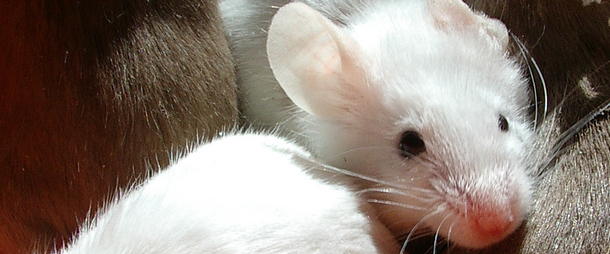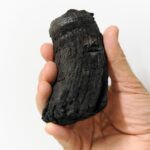New Scientist
Image: Ruud Hein
IT’S not quite the elixir of life, but researchers may have found a way of keeping us younger for longer. In mice at least, increasing the production of two proteins called p53 and Arf enabled more of the animals to survive to old age while showing fewer signs of ageing.
Since its discovery in 1979, p53 has been a key therapeutic target for cancer research. When activated, it encourages damaged cancer cells to commit suicide – a process called apoptosis. “p53 is the single most important tumour suppressor protein,” says Ander Matheu of the National Institute for Medical Research in London. “It’s inactivated in 30 to 50 per cent of human tumours.” Arf helps to control the expression of p53 by binding to a gene that normally suppresses it. “When you have more Arf, you have a greater activation of p53 and a stronger tumour-suppressing effect,” Matheu says.
Previous research has shown that mice with an extra copy of either the p53 or Arf gene are better protected from cancer. Now Matheu’s team has shown that an extra copy of both carries an additional benefit: living to a ripe old age without becoming frail (Nature, DOI: 10.1038/nature05949). “Arf and p53 are antioxidants,” says Matheu. “The mice accumulate less oxidative stress, which is normally associated with ageing.” Read more…








